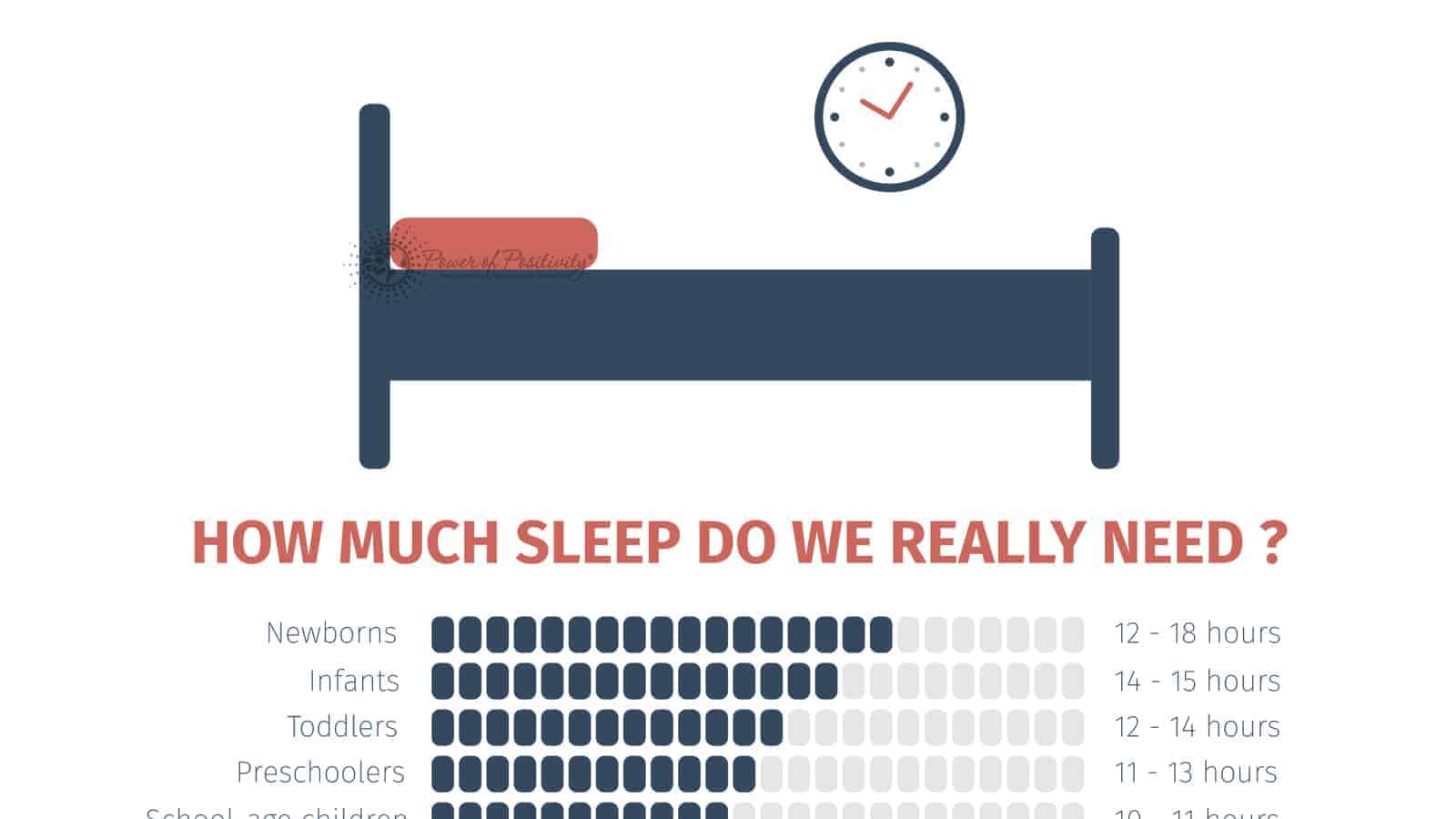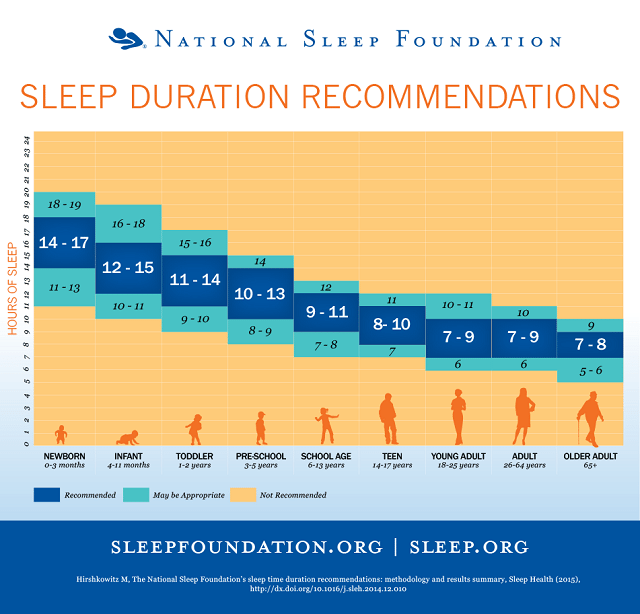Getting adequate sleep can make all the difference between feeling great and feeling like you got hit by a truck. Unfortunately, many of us suffer from chronic sleep deprivation; in fact, 35% of us claim to get less than the recommended minimum of 7 hours of sleep per night. The problem is so severe that the Center for Disease Control (CDC) called our sleep habits a public health epidemic, and rightly so.
About 40 percent of adults have insomnia, according to the National Sleep Foundation. It’s no surprise, really, when you think about the chronic stress epidemic we’re facing as well. With so much responsibility weighing on our shoulders, allowing our minds to relax when we fall into bed at night doesn’t come so easily.
However, we can’t allow modern society to interrupt our precious sleep time. Whatever is going on in the world, we have to be able to shut it out for at least seven hours a night. Life goes on, and some things we just can’t control. We can control our sleep hygiene, however, so we will talk in this article about some tips to help you get better sleep. The first thing that comes to mind when talking about getting good sleep is simply to prioritize it! Make it important to you, and the rest will fall in line.
With this in mind, how much sleep do you need, exactly? Depending on your age, it will differ slightly.
HOW MUCH SLEEP DO YOU NEED ACCORDING TO YOUR AGE?
Obviously, young children and teens will require more sleep than grown adults; however, most adults definitely do not get the required amount of sleep. Here’s exactly how much sleep you should be getting according to your age group:
Because of the advent of smartphones and Netflix, we stay up far past our bedtime getting lost in social media and TV shows. We text, email, scroll, play games, and read statuses until we wonder where the time went. Meanwhile, the blue light emitted from our phone, computer, or other device tells our brain “Wake up! You don’t need sleep yet!” See how this is counterproductive? Below, we will discuss a few important sleep habits (including putting down the technology) so you can get the quality sleep you deserve.
SLEEP HABITS TO AVOID
1. Using technology close to bedtime.
Countless studies have shown that the bright lights emitted from devices can keep you up because it throws off your circadian rhythm and melatonin levels. The lights from technology literally tell your brain to wake up, not go to sleep. Think about it: out in nature, the sun would wake us up and tell our bodies to get moving. Now that we live in modern society, we use lights late into the night, and our brains don’t know the difference between natural and unnatural light sources.
The fix: Try to keep your room as dim as possible when it starts getting dark outside, and avoid tech a few hours before bed.
2. Drinking caffeine or alcohol too close to bed.
Caffeine may help you wake up in the morning, but drinking it too close to bedtime will keep you awake during the night, too. Alcohol is a depressant and can make you sleepy initially, but you won’t get a good night’s rest. Alcohol spikes your insulin levels as your body processes the sugar, which can lead to disturbed sleep.
The fix: Drink all caffeine and alcohol five to six hours before bedtime.
3. Thinking about everything.
Thinking too much usually leads to worrying and stressing, which will spike your cortisol levels and send adrenaline rushing through your body. Not the most relaxing activity before bed.
The fix: Relax. Unwind. Disconnect. Be in the moment. Take deep breaths. Do yoga, journal, or meditate before bed so that you can destress and truly prepare your mind and body for sleep.
4. Having an irregular sleep schedule.
Your body likes schedules, so when you don’t have a normal sleep pattern, your body gets confused. We used to go to bed as soon as the sun set and awaken as it rose, so now that we live farther from nature, our bodies haven’t adjusted very well.
The fix: Living in modern society doesn’t mean our daily habits have to suffer. Try to go to sleep and get up at the same time every day. Set alarms if you have to, and stick to them. Don’t stay up too late on weekends, or it will throw your sleep schedule off even more.

















